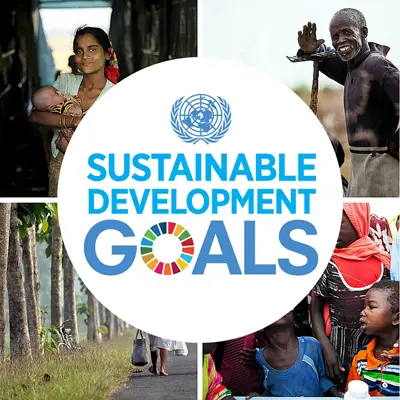- As a result, a route sheet and framework for development plans at the national level will be obtained to assist stakeholders to ensure social inclusion and promotion of the rights of persons with disabilities.
- Activity will continue the New Delhi International Conference on ICT for people with disabilities.
In order to strengthen public policies on Information and Communication Technologies (ICT) for people with disabilities in Central America, the Government and the United Nations Organization Educational and Cultural Organization (UNESCO) conducted a regional conference.
This initiative seeks to empower people with disabilities in our region and provide a space for interested persons, including government, nongovernmental organizations and private- sector, to design and adopt policies that promote the incorporation of the use of technology in the workplace and education of people with disabilities.

As part of the expected results in the Regional Conference on information and communications technology for Persons with Disabilities in Central America is that people such as decision-makers, may have expert recommendations and strengthen the network of policy in their respective countries. An action plan will be developed to influence national development plans and will focus on creating opportunities for inclusive education and increasing job opportunities. The plan will also include components related to capacity building of NGOs of people with disabilities, these are identifying business commitments in the context of social responsibility.
It is also expected to create a network of support policy development in the region, which will discuss action plans in the short and long term. This network will also provide a continuous exchange of ideas and information about the latest developments and related ICT tools and application trends. Finally, it is expected to approve a mechanism for monitoring and evaluation.
The Vice President of the Republic, Ana Helena Chacón Echeverría, said: “ICTs are a vital tool in human development and therefore must be accessible to all people, under the principles of democracy, justice, and inclusion. Clearly, the path to equality of persons with disabilities is still extensive, difficult and unfinished. Therefore, our goal must be that all people, especially those most vulnerable, have access to the benefits of the technology world so that they are educational and training tools that generate a better quality of life for this population”.

“For UNESCO universal access to information and knowledge, it is the key to building peace, economic and social sustainable development for intercultural dialogue. The conference focuses on education, including teacher training, accessible libraries, and distance education. This is based on our belief that to achieve quality education access to information and knowledge is the key and through it, we can reach self-empowerment, increasing job opportunities and leads to a decrease in poverty levels while also raising the collective welfare of our societies, “said the Director and Representative of the Cluster Office of UNESCO for Central America Pilar Alvarez-Laso.
The exchange of good practices fomented in this Regional Conference will empower governments in the region on the way to effective implementation of the International Convention on the Rights of Persons with Disabilities. It is also part of the mandate of UNESCO to promote a knowledge society and its commitment to work with Member States and implement the 2030 Agenda for Sustainable Development.
This activity gives continuity to the International Conference in New Delhi on ICT for persons with disabilities, entitled “Making Empowerment a Reality”, which was organized by UNESCO in 2014 and promoted international discussions on the transformative role of ICT and the need to ensure these issues in national development plans.
